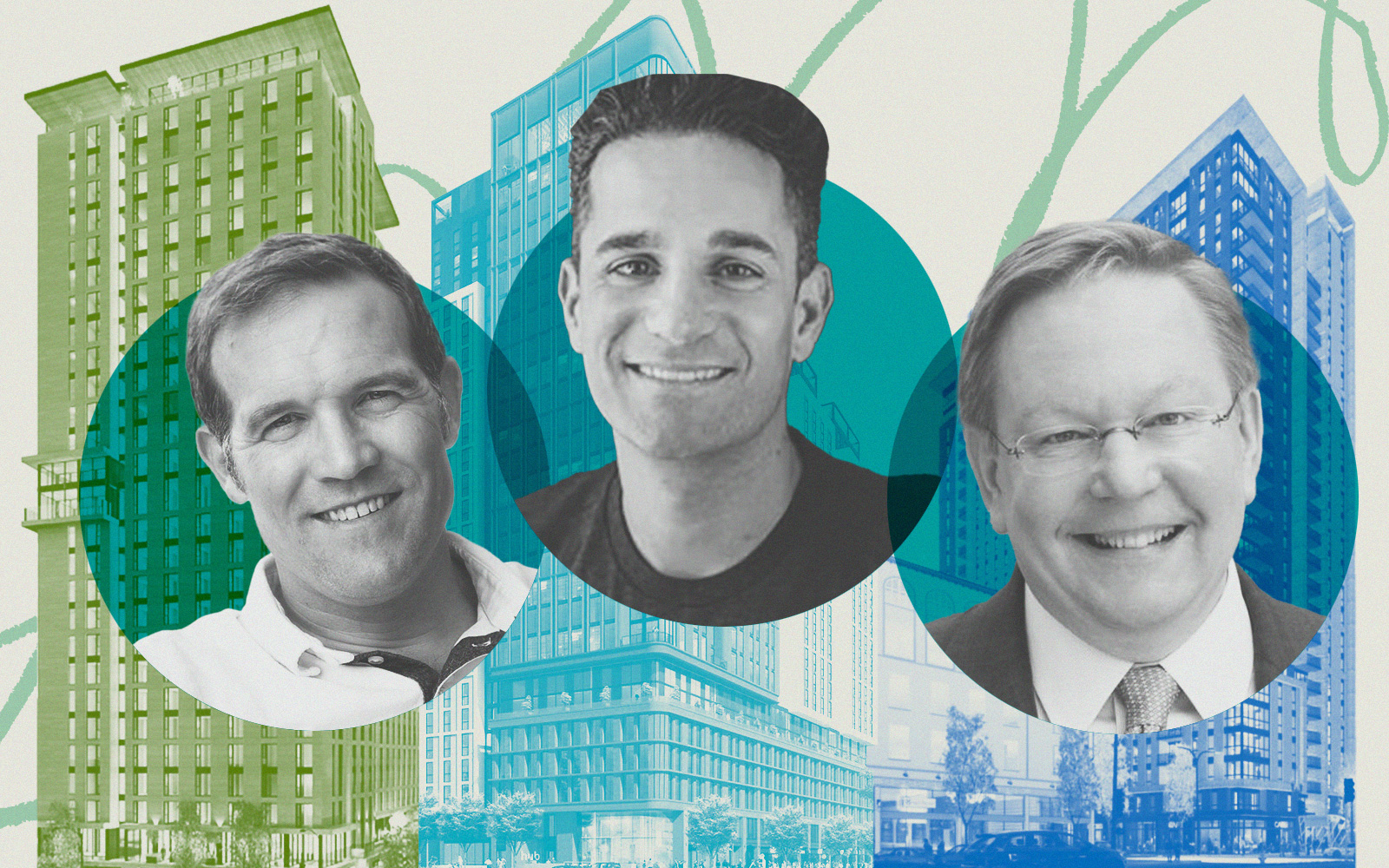More than a century ago, Berkeley pioneered the use of exclusionary zoning in California to protect single-family neighborhoods. Now it will overturn the policy to create more housing.
The East Bay city wants to encourage multifamily development by scrapping a 1916 law it says used single-family zoning to discriminate against people of color, Bisnow reported. An ordinance to overturn it is expected to go into effect this fall.
“This law is expected to be officially overturned in October, with council having previously committed to ending single-family zoning in 2021,” Mayor Jesse Arreguín told Bisnow in an email. “We felt compelled, as a city that has historically passed problematic legislation that has curtailed housing development, to right the wrongs of the past.”
The zoning change was approved last month. When added to a series of new statewide pro-development laws, population growth and demand for student housing, it has spurred a multifamily development boom in the university town.
In 2022, Berkeley permitted more than 900 apartments, a 20-year high, according to Berkeleyside. Last year, the city approved nearly 2,100 rental units. This year, it has entitled close to 600 units, Arreguín’s office told Bisnow.
By 2030, the city aims to develop 3,100 rentals and 1 million square feet of commercial buildings, according to its state-mandated Housing Element, or blueprint for development.
In recent years, Berkeley has also used its density bonus to build more affordable housing.
The change is a result of some 100 housing bills in Sacramento, many allowing for more density, according to Ken Rosen, chairman of the University of California, Berkeley Haas Fisher Center for Real Estate and Urban Economics.
They include Senate Bill 35, which streamlines the approval of dense, market-rate projects with affordable housing.
Assembly Bill 1033 aims to make housing more affordable by allowing cities such as Berkeley to build more accessory dwelling units, or backyard granny flats. This year, the city has permitted 46 ADUs under the law.
Downtown Berkeley is growing taller faster than any other Bay Area city hub. As of last year, six buildings between 16 and 28 stories are proposed in Berkeley’s central core. The city’s historic movie theaters are being redeveloped for mostly student housing.
Berkeley-based NX Ventures plans to build a 28-story, 317-foot tower at 1998 Shattuck Avenue, while Georgia-based Landmark Properties plans to build a 25-story, 268-foot tower at 2190 Shattuck. The tallest building in Berkeley is now the 186-foot Chase Building at 2150 Shattuck.
One project approved by the city last month that will also alter the city’s skyline is The Hub, a 285-foot-tall transit-oriented development next to UC Berkeley.
Core Spaces, a Chicago-based student housing developer led by Marc Lifshin, got the nod to build a 26-story, 456-unit student housing tower at 2128 Oxford Street, across the street from the lower side of campus.
— Dana Bartholomew
Read more



